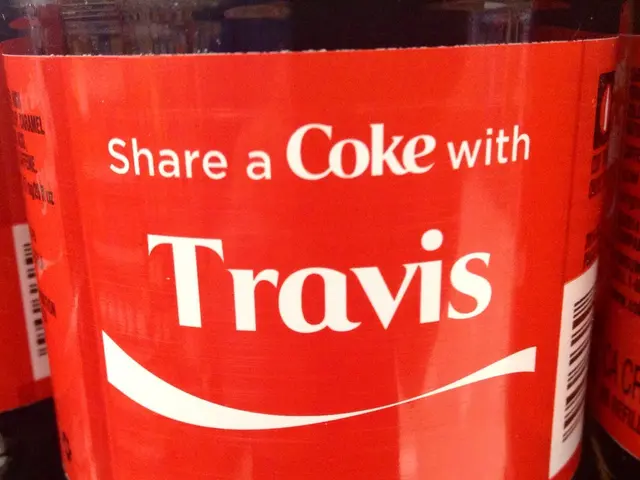Increasing expenditures yet declining product quality - an analysis by Nikita Mitrofanov
In the current economic climate of St. Petersburg, people are facing a squeeze on their incomes and a rise in costs. The Central Bank's interest rate of 20% has caused credit rates to soar to 25%, making loans expensive and putting a strain on household budgets [1].
Every penny counts in this economic climate, and people are thinking about not losing, not about multiplying. They are prioritizing necessity and affordability over premium quality goods [2]. Sales are more frequent on promotion, markdowns, or installment plans as consumers seek to stretch their limited resources [3].
The substitution effect is at play, with consumers shifting spending away from relatively expensive, higher-quality goods towards more affordable substitutes or store brands to maintain the same satisfaction level within a tighter budget [3]. The income effect is also in action, as economic downturns effectively reduce consumers’ real income, forcing them to cut back on non-essential or premium items and opt for cheaper alternatives to cover basic needs [3].
Inflation and higher interest rates are compounding financial pressure, encouraging cost-cutting in purchases. Non-essential sectors like dining, travel, and luxury goods see softened demand as consumers focus on essentials and value products [2]. Consumers are adapting their spending strategies, for example, by switching to bulk purchases of nutrition products or home fitness equipment that provide longer-term value or cost savings [1].
Sales growth is about compromise, with people increasingly opting for essential goods. Receipts are growing due to increased prices rather than increased consumption. Consumers are buying more with their last money due to limited options [4]. Future incomes are uncertain due to the economy's condition, adding to the sense of financial insecurity [5].
Factories are working, but at a sluggish pace, with few new productions and many old ones surviving on subsidies. Businesses are cutting investments due to the economy's downturn, and employers are cautious with wages, leading to less money in the economy [6].
According to Nikita Mitrofanov, an economist and author of the Telegram channel "Chinese Threat", these observations reflect the current economic climate in St. Petersburg [7]. In May, retail sales increased by 2.1% compared to April and 5-6% year-on-year, indicating some resilience in consumer spending despite the challenging economic conditions [8].
On a brighter note, online sales have seen a significant increase of +36% in Q1, suggesting that consumers are adapting to shopping online to save on transportation and other costs [9]. Gas prices have risen in St. Petersburg, but this trend may be a temporary response to global oil market dynamics and may change in the future [10].
In conclusion, the economic downturn is shaping consumer behaviour in St. Petersburg, leading to a focus on affordability, cost-cutting, and essential goods. While there are challenges, there are also signs of adaptability and resilience in the face of these economic headwinds.
Personal financial management becomes crucial in this economy, as every dollar earned has to be spent wisely. Due to the inflation and high interest rates, people are opting for personal-finance strategies aimed at cutting costs, such as buying essential goods and conscientiously choosing where to spend their limited resources.




